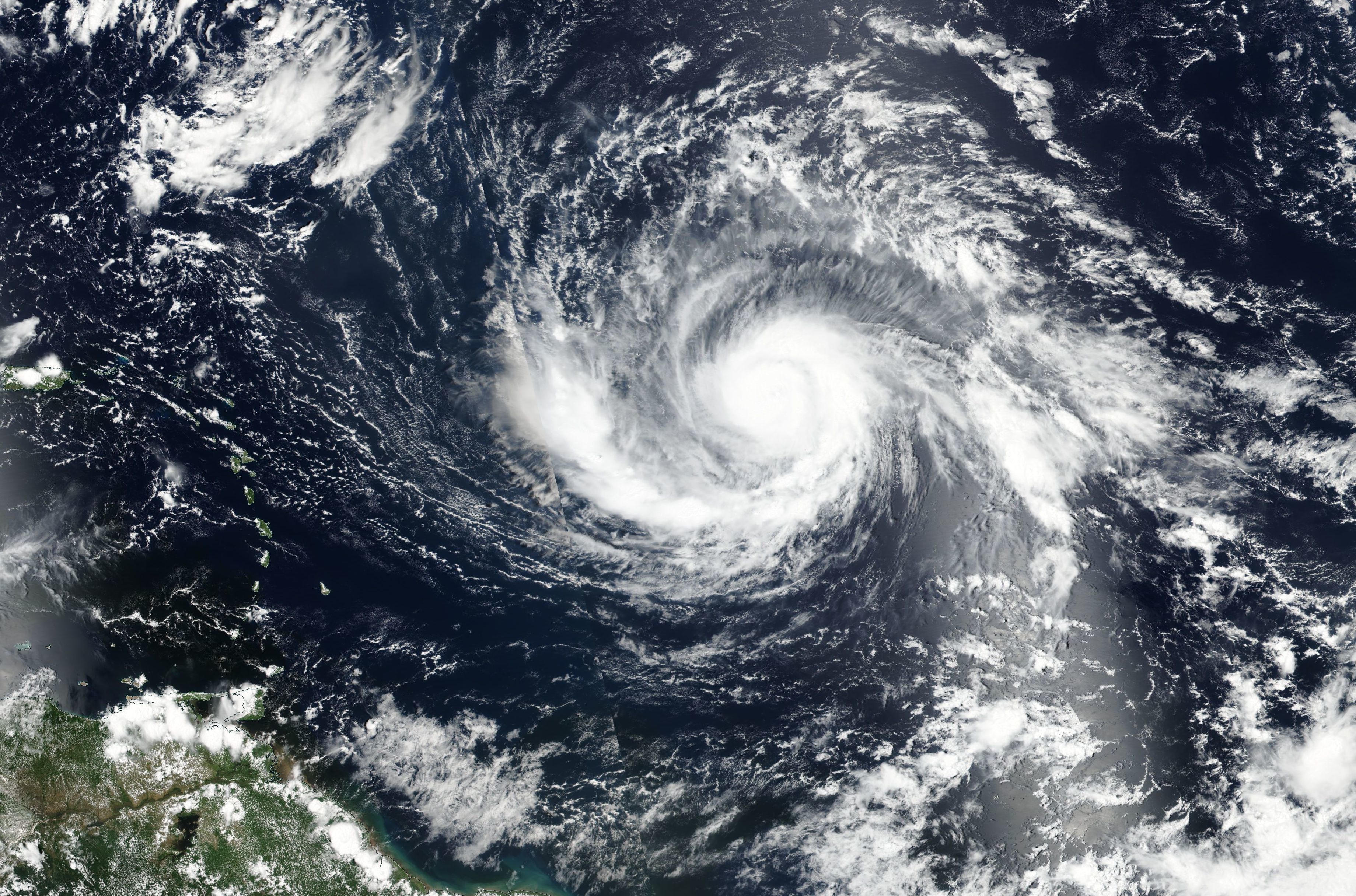Wells Fargo issued the following announcement on Oct. 3.
Projects will help communities address impacts of a changing climate through conservation and capacity building.
WASHINGTON, DC — Wells Fargo and the National Fish and Wildlife Foundation (NFWF) today announced $2 million in grants to eight nonprofit organizations to help communities become more resilient in the face of conditions associated with a changing climate, including rising sea levels, water quantity and quality issues, and extended hurricane and fire seasons.
The projects will increase the protections naturally provided by ecosystems by investing in green infrastructure and conservation training across the U.S., Puerto Rico and the Virgin Islands. The grants will generate $7.6 million in matching contributions for a total conservation impact of more than $9.6 million.
The eight grants were awarded through the Resilient Communities program, a $10 million, four-year program funded by the Wells Fargo Foundation. Awardees include:
The Nature Conservancy of New Mexico, to restore a tributary of the Tijeras Arroyo, increase an urban tree canopy and revitalize a city tree nursery and greenhouse. The project also will provide jobs and workforce training for future planting projects.
Grand Canyon Youth, to engage Native American youth from the Southwest Conservation Corps Ancestral Lands Program in managing invasive species and enhancing stream buffers along the Colorado, Escalante, San Juan and Dirty Devil Rivers.
James River Association, to develop a living shoreline pilot program, resiliency training opportunities and technical resources to respond to sea level rise through wetland migration. The project will be located in the Tidewater region of Virginia’s James River watershed.
Rocky Mountain Elk Foundation, to secure the 26,144-acre Brushy Mountain Conservation Easement and assist California’s Mendocino County in wildfire preparedness.
Spokane Tribe, to address fire hazards by reducing fuel loads on nearly 550 acres of land and to promote the growth of aspen stands and native vegetation to create essential cover for big game, a primary food source and a living symbol of native culture on the Spokane Reservation. Nearly 40,000 acres of Spokane tribal land have burned in the past three years.
National League of Cities Institute, to engage a cohort of seven cities throughout the U.S with technical assistance and peer learning around local resilience projects. The goal is for the cohort to then deliver education and leadership training workshops for dozens of additional cities.
Enterprise Community Partners, Inc., to help deepen the understanding of resilience and business continuity strategies among a network of Community Development Corporations in Puerto Rico and the U.S. Virgin Islands. The CARES Learning Collaborative will engage thousands of residents in readiness planning and strategies for rebuilding with resilience in mind to reduce the impact of future weather-related events.
CDP North America, Inc., to conduct “Matchmaker - Scaling Green Infrastructure Investments in Cities” in 18 cities across the U.S., which will help local leaders prepare for future impacts associated with sea level rise, water quantity and quality, and forest degradation. The project will generate important data and lessons that will be applicable to a national and international portfolio of sustainable infrastructure investments.
In 2017, NFWF and Wells Fargo initiated the Resilient Communities program to grow the capacity of communities to adapt for outcomes associated with the impacts of a changing climate. The program’s goal is to maximize the resources available for local communities. Because of matching funds and in-kind contributions from grantees and partners, Resilient Communities was able to leverage Wells Fargo’s $2 million 2018 commitment into a total resilience investment of $9.6 million. The program empowers communities to utilize and strengthen natural features like wetlands, urban tree canopies, resilient shorelines, healthy upstream watersheds and forests. The Resilient Communities program places special emphasis on inclusion and helping historically underserved, low- and moderate-income communities address climate change.
“The eight grants announced today directly engage communities in making the nation more resilient to future challenges by reinforcing natural systems and resources which also benefit wildlife habitats,” said Jeff Trandahl, executive director and CEO of NFWF. “NFWF and Wells Fargo take this hands-on approach that demonstrates how communities develop and rely on the benefits natural ecosystems provide. The impact of each grant lasts far beyond the project’s lifespan and helps build a more resilient landscape.”
“We’ve all seen, and even experienced, the devastating effects of extreme weather and climate change on local communities,” said Stephanie Rico of Wells Fargo Sustainability and Corporate Responsibility. “By enhancing and strengthening native ecosystems and building capacity at the local level, we can help minimize the impact of climate-related natural disasters on our customers and communities. We are proud to be working with NFWF on this important national program.”
The 2018 Resilient Communities grant recipients were selected from a pool of more than 140 applicants. The projects that earned grants balance a high level of conservation expertise, partnerships with stakeholders, and dedication to the communities they serve.
A detailed listing of the 2018 grants made through the Resilient Communities program is available on the National Fish and Wildlife Foundation website.
Original source can be found here.












 Alerts Sign-up
Alerts Sign-up